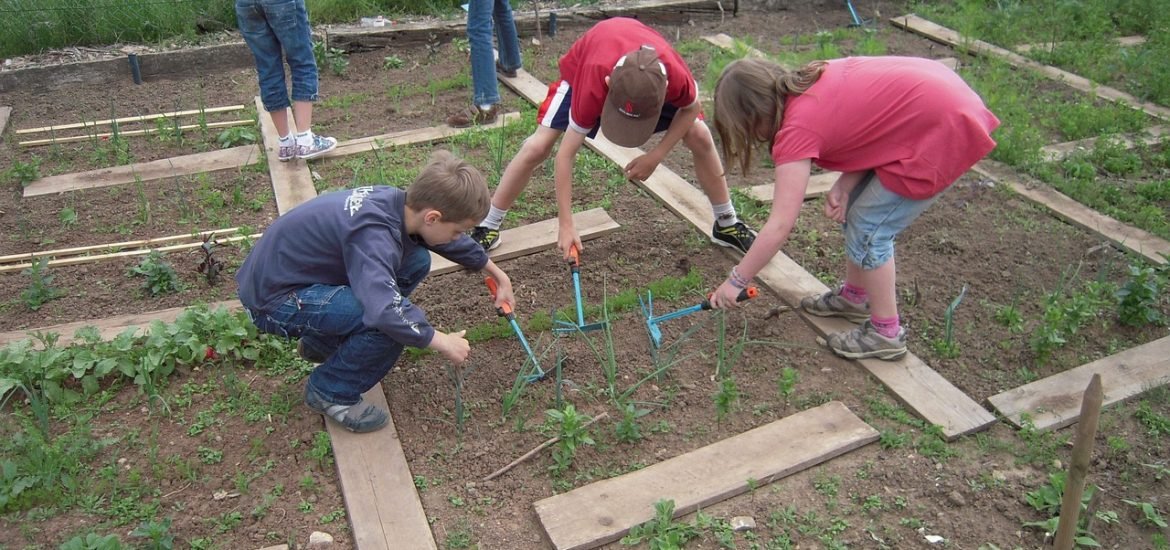
Children need to learn more about the importance of plants to help them understand the impact of climate change, according to a study published in the Journal of Biological Education. The authors suggest that botany and the study of plants should be featured more in the school curriculum.
The study shows that the importance of plants for sustainability and the threats they face are not adequately represented in science education. Teachers have been aware of the problem for some time but attempts to correct it have so far failed. Dr Bethan Stagg from the University of Exeter and Professor Justin Dillon from UCL suggest that teachers need more support and training to challenge existing assumptions about plants, allowing them to understand the critical role of plants in the environment.
Plant diversity is key to allowing ecosystems to function, but plants can become vulnerable to extinction due to habitat loss and climate change. The researchers know that people develop a much better understanding of this when they have direct contact with plants in their lives. “Plants provide an excellent opportunity for developing nature connections since wild plants are ubiquitous in even the most built-up environment and can be reliably accessed at all times,” said Dr Stagg. “But connecting with plants does not just have to be part of outdoor learning. Plants in the classroom are a valuable resource and can include local wild plants to foster connections with the biodiversity that children encounter every day. Focusing on learners’ local environments may render their experiences with plants more relevant and meaningful and allow for a growing appreciation and empathy towards plants.”
To overcome this problem, Professor Dillon and Dr Stag have developed a a series of webinars and an open-access course for educators.
“Understanding plants’ role in sustainability requires more than knowledge of species and awareness of their importance – it requires practical skills ranging from identification to habitat management and horticultural production, as well as a personal motivation to take action, and a social commitment to support others in wider-ranging activities, whether that be citizen science, food growing or protecting pollinators,” said Professor Dillon. “Knowledge alone does not modify behaviour. We cannot expect the current approach to plants in education to either foster plant awareness or contribute to action. Yet, many educational interventions continue to focus primarily on improving cognitive learning gains while paying limited attention to impacts on actions. But it is the behavioural change we need for both addressing the lack of plant awareness and developing learners’ ecological literacy and agency.”
Stagg B and Dillon J (2024) Plants, education and sustainability: rethinking the teaching of botany in school science. Journal of Biological Education, https://doi.org/10.1080/00219266.2023.2264617